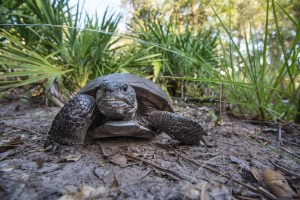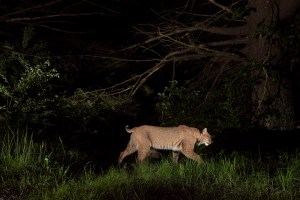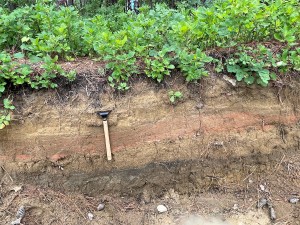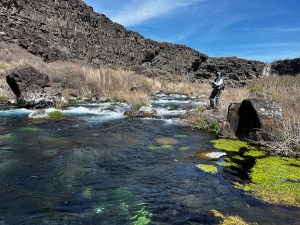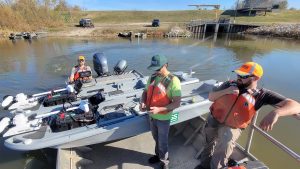Discover stories in TNC Places
Case Study: Sustainable Sea Cucumber Fisheries Offer Both Rewards & Challenges
Sustainable fisheries can be a win-win solutions for both conservation and local communities, especially in the Indo-Pacific. But establishing them comes with unique challenges.
Meet the Gopher Tortoise, Hero of the Longleaf Pinelands
Gopher tortoises are one of Florida’s most fascinating reptiles, and a keystone species of the longleaf pine ecosystem.
The Swift Fox Makes a Surprise Comeback
New research shows North America’s smallest canine might be more adaptable than anyone previously thought.
New Jersey Cats Caught on Camera
Photographer Steve Winter uses camera traps to capture stunning images of bobcats and other wildlife in New Jersey.
Call Boxes & Crow Effigies: Protecting Nesting Birds in Cape May
TNC is using call boxes, fake effigies, and bird decoys to protect nesting shorebirds on Cape May.
Extraterrestrial Impact: Rare Geological Find Provides Evidence of “Unimaginable Devastation”
An extraordinary find at North Carolina’s Paint Farm reveals evidence of one of the largest extraterrestrial impacts to ever hit the planet.
A Bird’s Eye View: Drones Search for Grassland Birds in Colorado
At The Nature Conservancy’s Carpenter Ranch Preserve, drones assist in the search for grassland birds.
A Partnership for a Healthier Appalachian Forest
Restoring a healthy Appalachian forest has many benefits, for wildlife and local communities.
Exploring Idaho’s Thousand Springs Region
Crystal clear springs in southern Idaho, a legacy of Nature Conservancy protection efforts, are home to endemic species and offer outstanding recreational opportunities.
The Overlooked Biodiversity of Appalachian Caves
The cave habitats of Tennessee and Kentucky have species that most will never see. Here are some of the unusual creatures found there.
A Kayak in Search of a Fish
In a historic Illinois wetland, a team tackles invasive carp using uncrewed small boats
Chasing Unicorns: A Photographer’s Journey Documenting Rhino Conservation
Photographer Ami Vitale travels to Kenya to cover the translocation of 21 endangered northern white rhinoceros to TNC partner Loisaba Conservancy.

